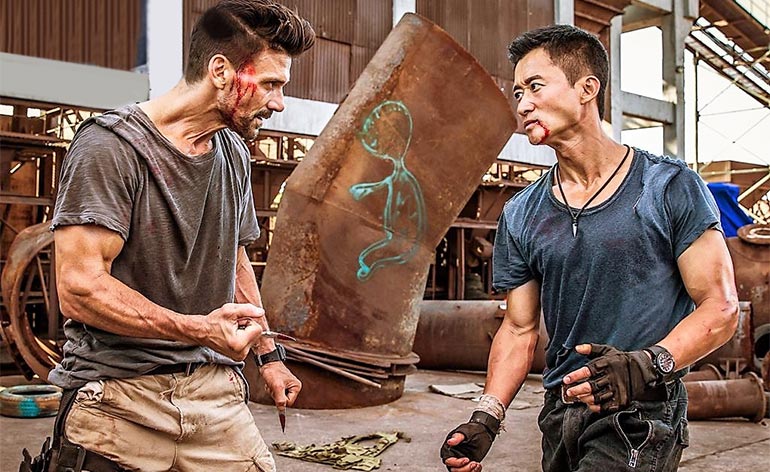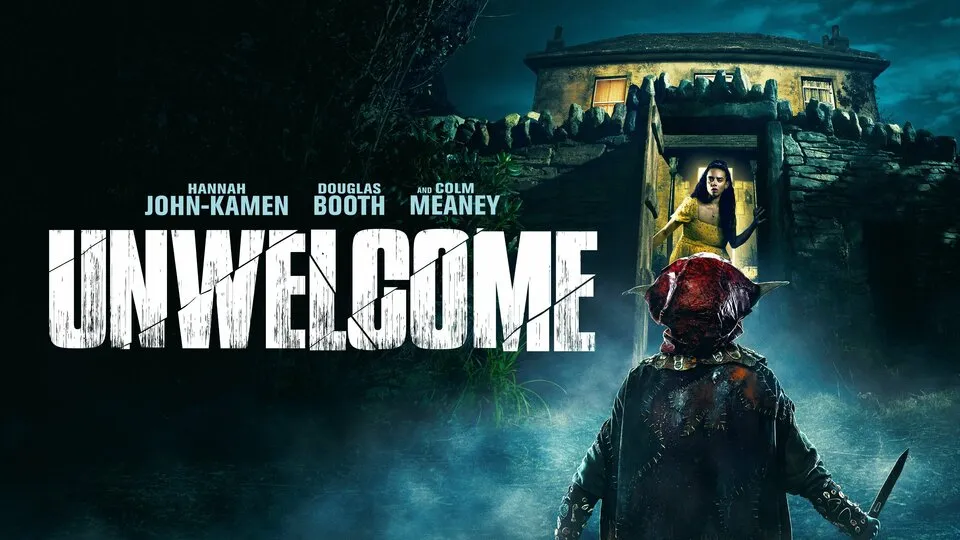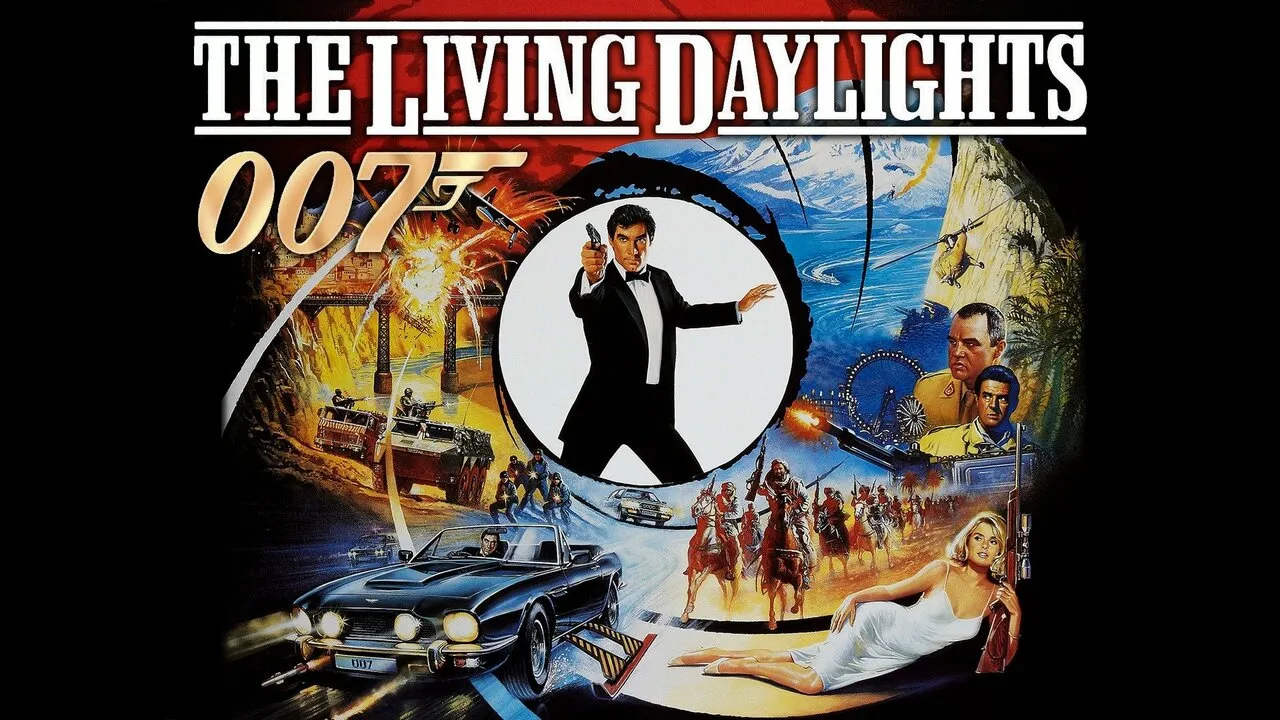Wolf Warrior 2 (2017): China's Cinematic Powerhouse
Wolf Warrior 2, released in 2017, is a landmark film in the history of Chinese cinema. Directed by and starring Wu Jing, the movie is the explosive sequel to Wolf Warrior (2015), and it takes everything from the original—intensity, patriotism, and high-octane action—to a whole new level. The film follows former special forces operative Leng Feng, who finds himself caught in the middle of a violent conflict in an unnamed African country. When mercenaries threaten local civilians and Chinese nationals during a brutal civil war, Leng Feng returns to action to protect the innocent and restore justice.
Set against a backdrop of political unrest and foreign military aggression, the film portrays its hero as a symbol of strength and honor. What makes Wolf Warrior 2 stand out is its ambitious scale, featuring massive explosions, well-choreographed combat sequences, tank battles, and intense hand-to-hand fights. Wu Jing delivers a compelling performance as Leng Feng—a man haunted by personal loss but driven by duty and loyalty. His character is presented as both compassionate and fearless, embodying the patriotic spirit that resonates deeply with Chinese audiences.

The film was a commercial juggernaut. It shattered box office records in China, earning over 5.6 billion yuan (roughly 870 million US dollars), making it the highest-grossing film in Chinese history at the time. Its success wasn’t limited to just earnings—it marked a shift in Chinese film-making, showcasing the country’s ability to produce blockbuster-scale action films that could rival Hollywood in scope and production value.
Critically, Wolf Warrior 2 received mixed reviews. In China, it was widely praised for its intense action, emotional storytelling, and strong nationalistic message. Many viewers felt inspired by the film’s themes of courage, selflessness, and national pride. Outside China, however, the response was more varied. While some international critics admired the film’s technical achievements and energetic direction, others were less impressed by what they viewed as heavy-handed patriotism and a conventional plot that borrowed from Western war movies.
![Amazon.com: Wolf Warrior 2 [DVD] : Wu Jing, Frank Grillo, Celina Jade, Wu Jing: Movies & TV](https://m.media-amazon.com/images/I/919EvfmUZ2L._UF894,1000_QL80_.jpg)
One of the film’s most talked-about elements was its nationalistic tone. Its tagline—something along the lines of "Anyone who offends China will be punished, no matter how far away they are"—sparked widespread discussion. For domestic audiences, this sentiment stirred a deep sense of pride and unity. For others, it raised questions about how nationalism is portrayed in entertainment and how cinema is increasingly being used as a tool of soft power.
Despite differing opinions, Wolf Warrior 2 remains undeniably influential. It not only elevated Wu Jing to superstardom but also inspired a new wave of Chinese action films. The movie demonstrated that locally produced content could dominate the box office and compete globally—not just in terms of visuals and effects, but in storytelling that reflects the values and aspirations of its home audience.

In conclusion, Wolf Warrior 2 is far more than just an action movie. It is a cultural phenomenon that tapped into a powerful current of national sentiment. Bold, unapologetic, and wildly successful, the film helped redefine what Chinese cinema could achieve on the world stage.



-1751940697-q80.webp)